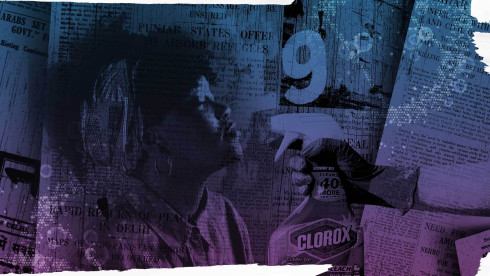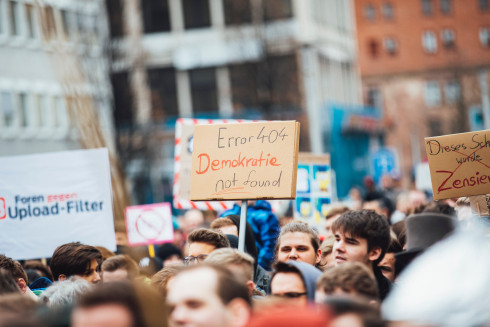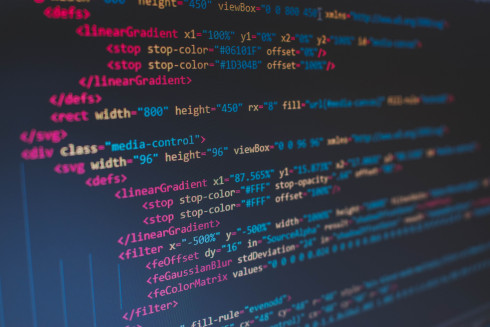Too big, too dangerous?
Über die Veranstaltung
Apple controls the availability of apps on iPhones through the App Store. Amazon sets the maximum selling price for masks during the COVID pandemic. And social media platforms such as Facebook, Twitter and YouTube define what is free speech and what is disinformation. What does the dominance of platforms and the sometimes difficult access to the Internet outside these platforms mean for political discourse, for activists, but also civil rights in general?
In more and more countries, especially in developing countries, social media platforms are seen as the Internet. They are essential for communication of each kind, organising, and informing the public. But the power of these platforms is enormous, especially regarding what is allowed to be published and what is not. Twitter flags Tweets of Donald Trump as disinformation, Facebook lets a genocide in Myanmar happen, and YouTube deletes the war crimes documentation of Syrian activists. But even in everyday communication, the community standards of social media platforms are setting partially boundaries in the freedom of expression.
How dangerous is this market power for our societies and freedoms? How can we set regulatory frameworks to protect our civil rights? How much power should platforms have, and how can we democratise the design of platforms? These will be the leading questions for our panel discussion.
with Sabine Frank, Nikhil Pahwa, Fanny Hidvegi and Ann Cathrin Riedel
Too big, too dangerous?
Apple controls the availability of apps on iPhones, Amazon sets the maximum selling price for masks during the COVID pandemic. Is this dominance a danger to our civil society?
Zurück
Als nächstes







